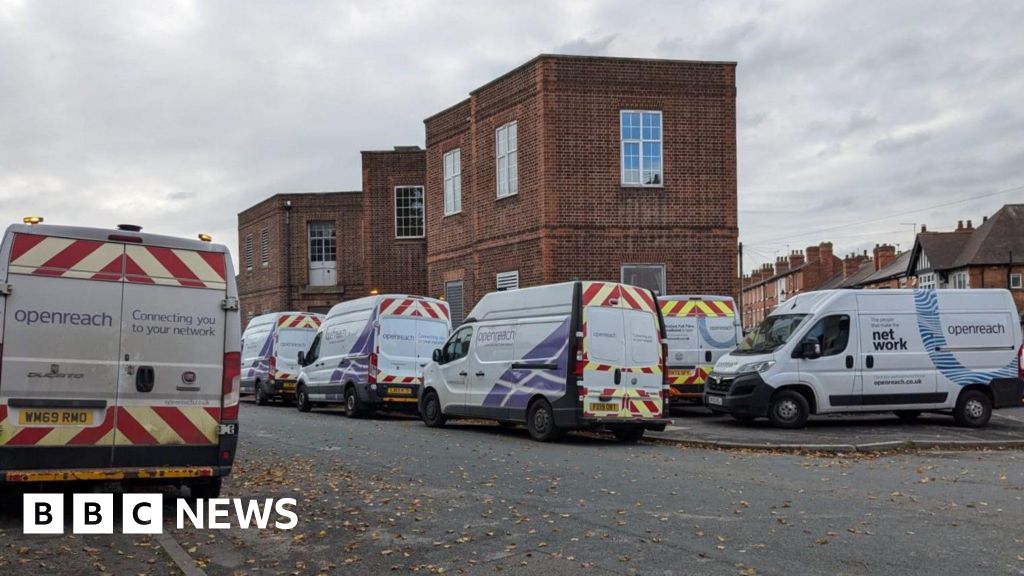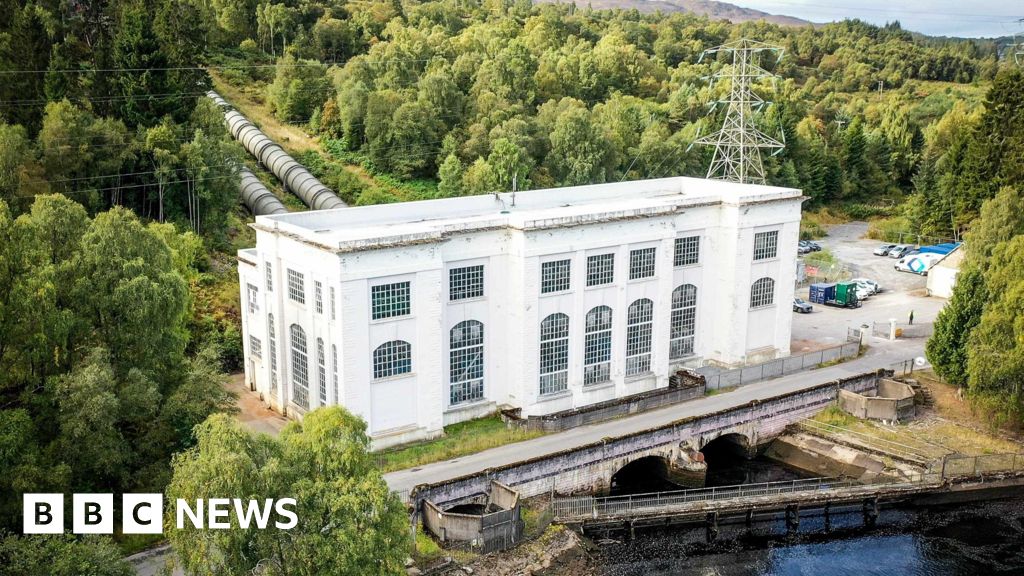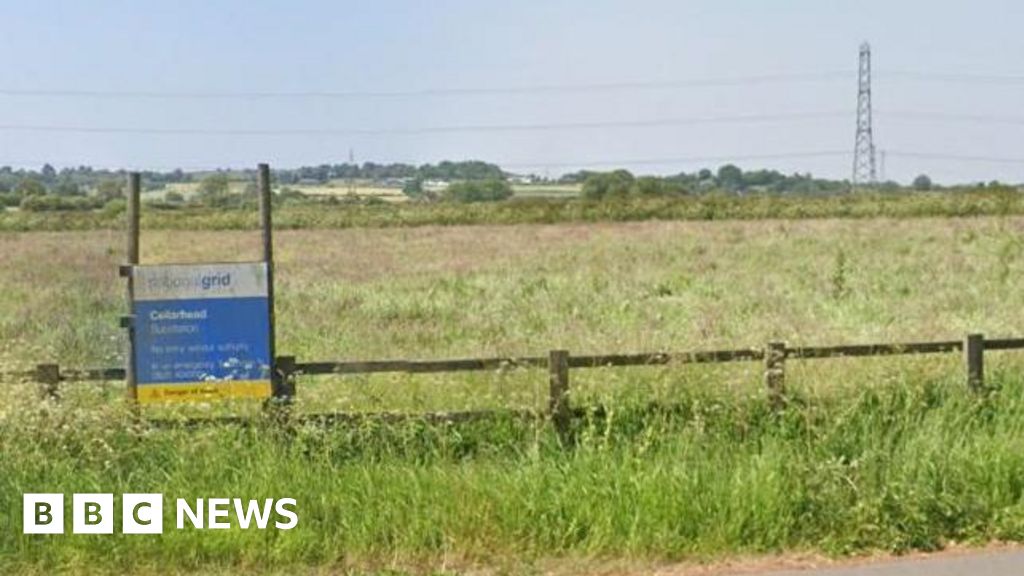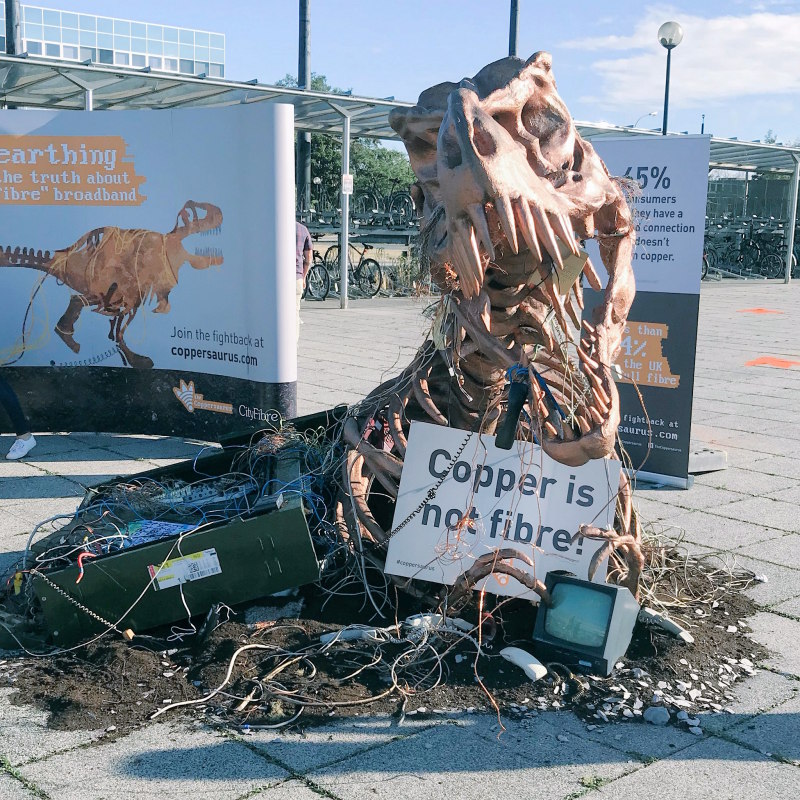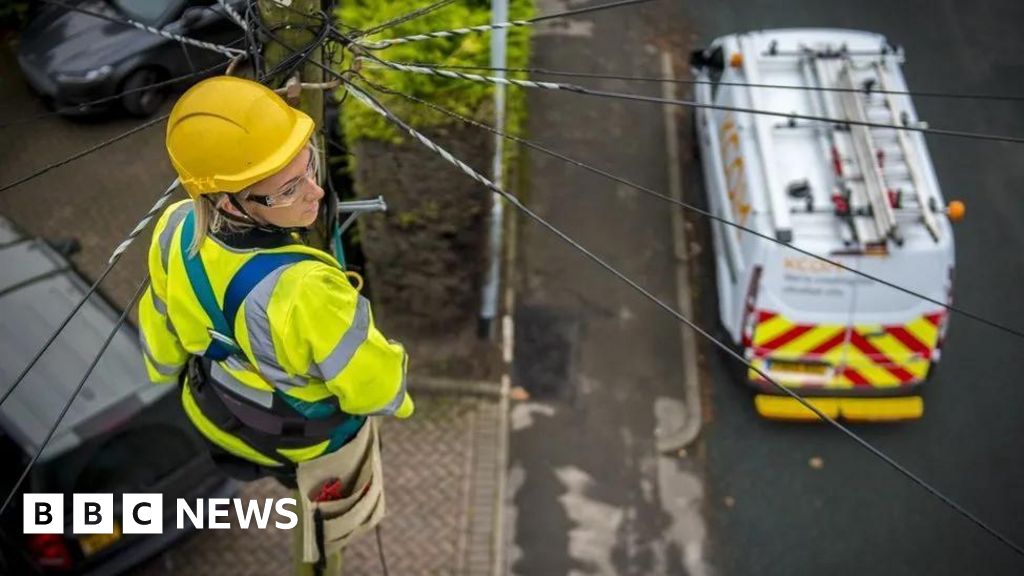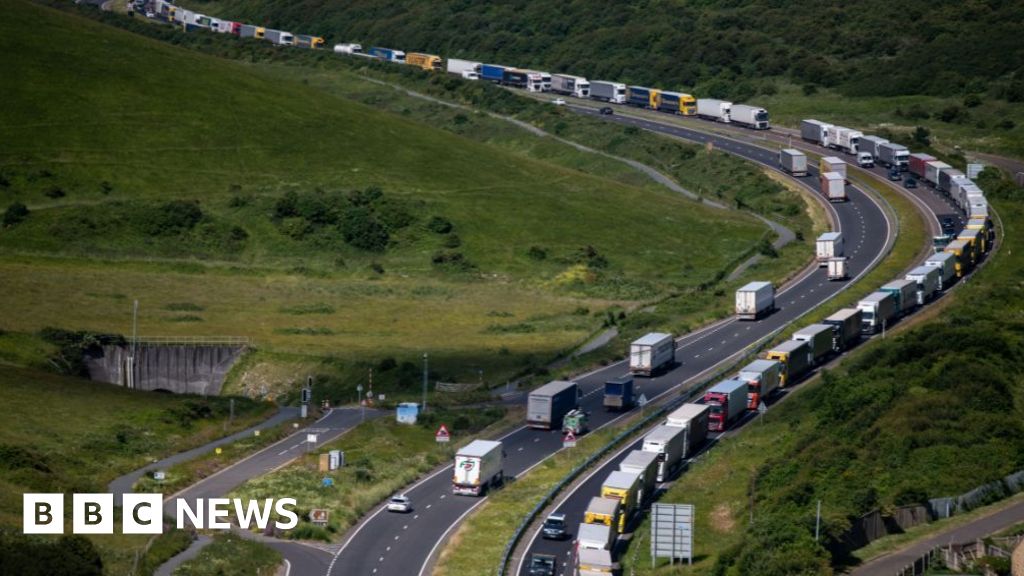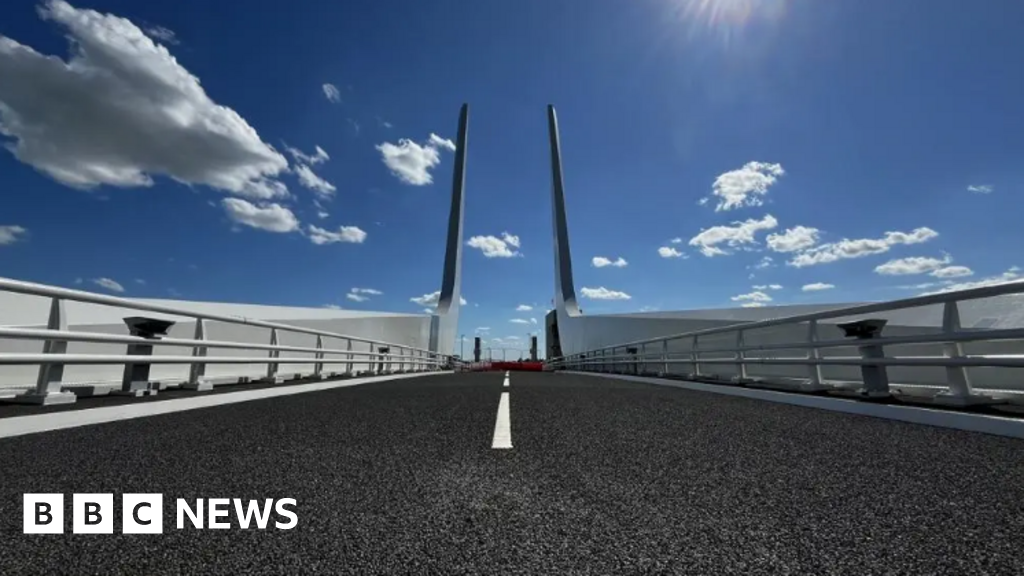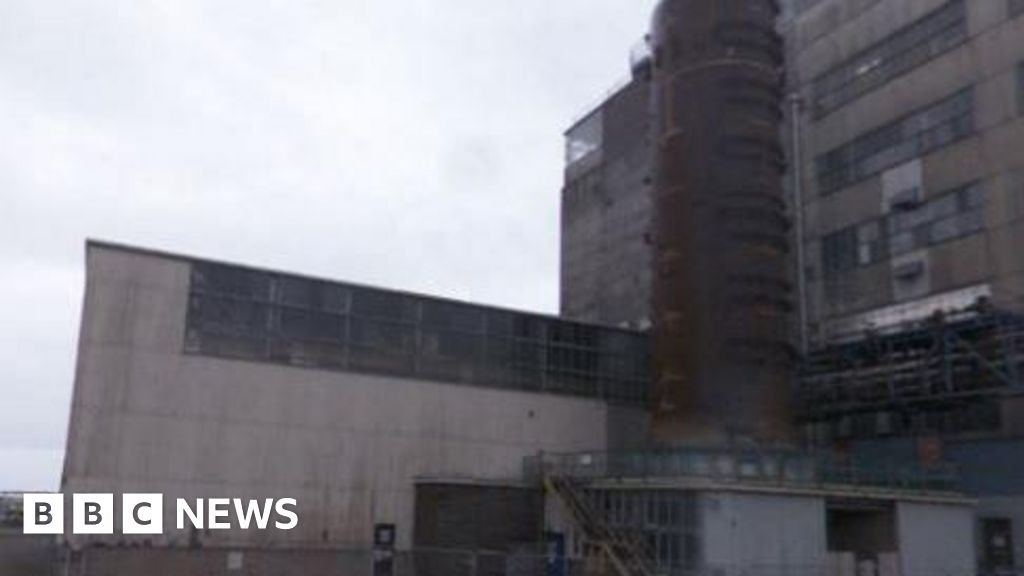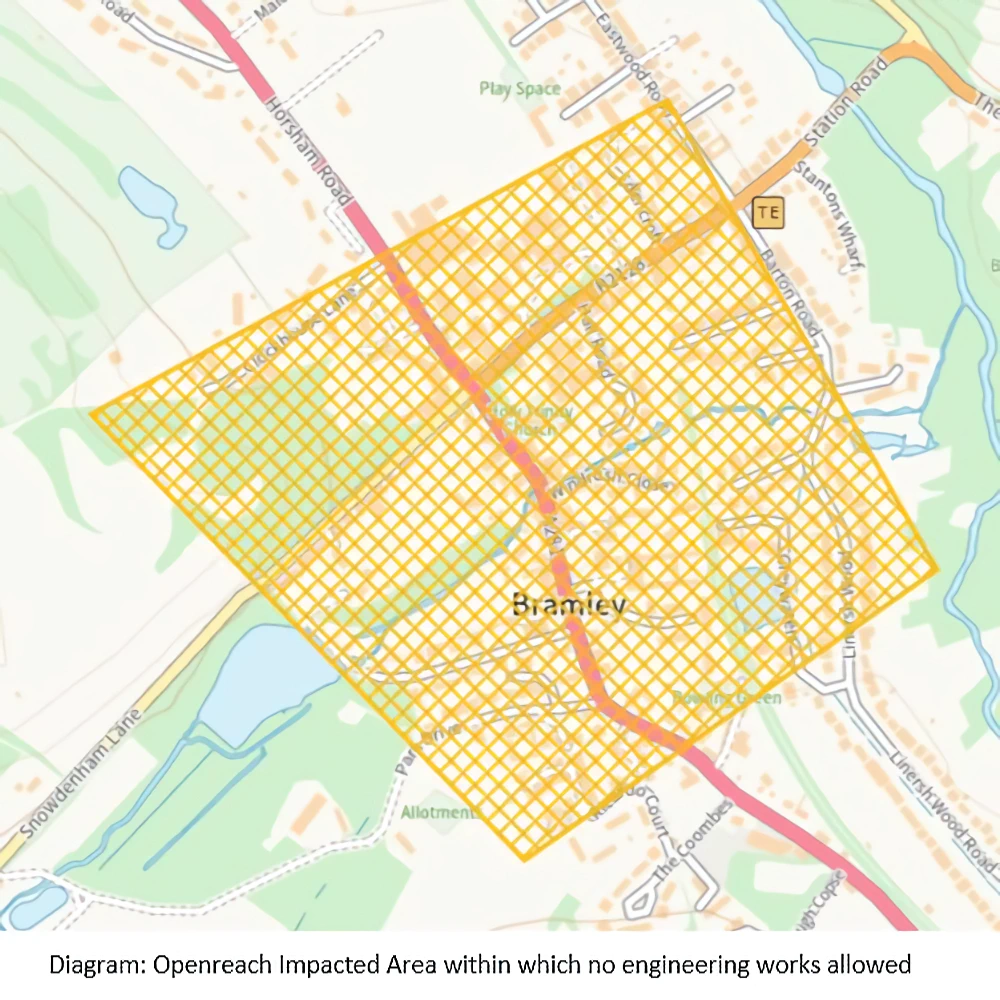UK Infrastructure
 www.theguardian.com
www.theguardian.com
> Scientists have called for people to go “urban mining” after a study revealed that old cables, phone chargers and other unused electrical goods thrown away or stored in cupboards or drawers could stave off a looming shortage of copper. > >The research found that in the UK there are approximately 823m unused or broken tech items hiding in “drawers of doom” containing as much as 38,449 tonnes of copper – including 627m cables – enough to provide 30% of the copper needed for the UK’s planned transition to a decarbonised electricity grid by 2030. > > ... > > Copper is essential in the drive to decarbonise the economy – being a crucial element of solar and wind developments as well as electric cars. > >The study found that unused electrical goods could contain as much as £266m worth of copper. Scott Butler, from Recycle Your Electricals, which produced the study, called on the public to start recycling their unwanted electrical goods. > > ... > > Cables represent one of the UK’s biggest e-waste challenges, according to the research, with UK households throwing away or holding on to an average of 23 cables. Research by the Critical Minerals Association has identified that they contain at least 20% copper – meaning that across all UK households, cables alone could contribute 3,251 tonnes of metal. > >The Royal Society of Chemistry [RSC] has calculated 347,000 tonnes of copper would be needed to build the required number of wind turbines and solar panels by 2030. > >“The UK needs to wake up to just how important copper is in achieving our greener future,” said Izzi Monk, RSC policy adviser for the environment. “We are potentially facing imminent and substantial supply concerns where we won’t be able to meet the global demand for this vital material. That’s why we’re calling for government to commit to a strategic, joined-up approach to materials that considers these supply risks.”
 www.theguardian.com
www.theguardian.com
> Six water companies overcharged customers between £800m and £1.5bn by “significantly or systematically” underreporting the true scale of their sewage pollution of rivers and waterways, a tribunal has heard. > >In the first environmental competition class action against water companies in England, lawyers argued that the privatised firms had abused their monopoly position to mislead regulators over the amount of sewage they were discharging from their assets over the past 10 years. > > As a result, the companies, Thames Water, Yorkshire Water, Anglian Water, Severn Trent, Northumbrian Water and United Utilities, were able to charge customers higher bills than they would have been allowed to if they had provided the regulators with a true picture of their sewage pollution.
Archive Link: https://archive.is/Jl6Bv
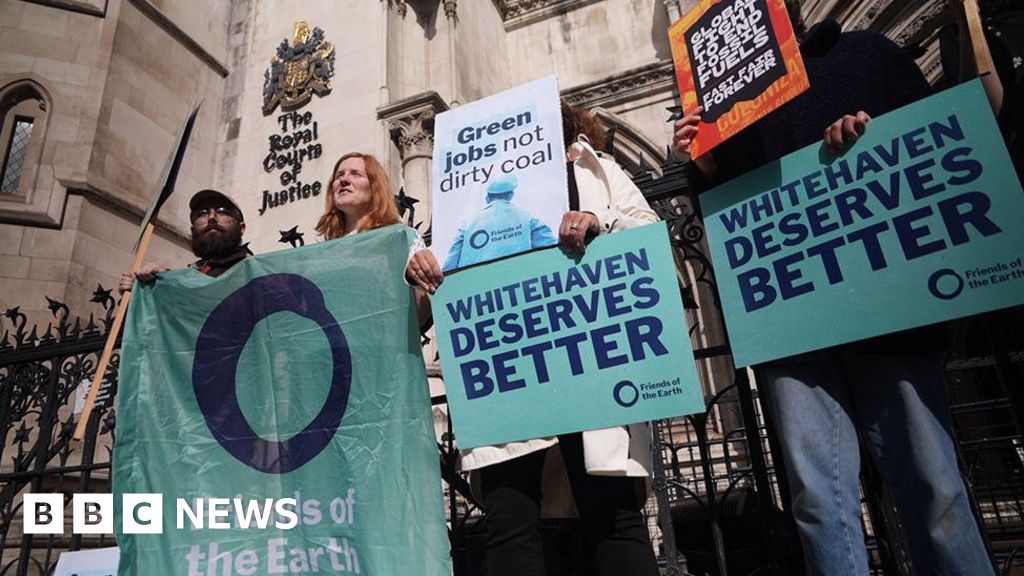 www.bbc.co.uk
www.bbc.co.uk
 www.bbc.co.uk
www.bbc.co.uk
> Vodafone and Three have rejected claims by the UK's competition watchdog that their proposed merger would lead to higher prices for millions of mobile users. > >The Competition and Markets Authority (CMA) has "provisionally concluded" the deal would weaken competition between mobile networks. > >It has particular concerns that customers who are least able to afford mobile services would be most affected. > >The findings are the latest from the CMA's ongoing probe into the merger, which it launched in January. > >The regulator will now consult on its findings and potential solutions to its worries over competition. > >These solutions could include legally binding investment commitments, and measures to protect both retail and wholesale customers. > >Vodafone's CEO for European Markets, Ahmed Essam, told the Today programme, on BBC Radio 4, that he still believed the merger would make a better network for customers, and add to the competition in the market. > >"We've made a significant commitment to an £11bn investment," he said. > >"We're willing to make sure that this is legally binding, and we undertake a commitment to deploy this." > >He also said the firm had already traded part of its radio spectrum with a competitor. > >But the CMA said it is "not convinced" that it would be good for consumers. > >"The main knockback to the merging parties is that the CMA considers claims of superior network quality post integration to be "overstated"," said Kester Mann from analysis firm CCS Insight. > >But he said the regulator was not shutting the door on the deal. > >"Vodafone and Three should be encouraged by the tone of the CMA's report, which appears more open to the merger than I was expecting." > >But Rocio Concha, director of policy and advocacy at consumer group Which?, took a different view. > >"The regulator's finding has set a high bar for the merger to proceed," she said. > >"It is clear from those findings that the planned merger between Vodafone and Three could have a negative impact on millions of consumers." > >But she warned it would be "challenging" for the regulator to find remedies for its concerns.
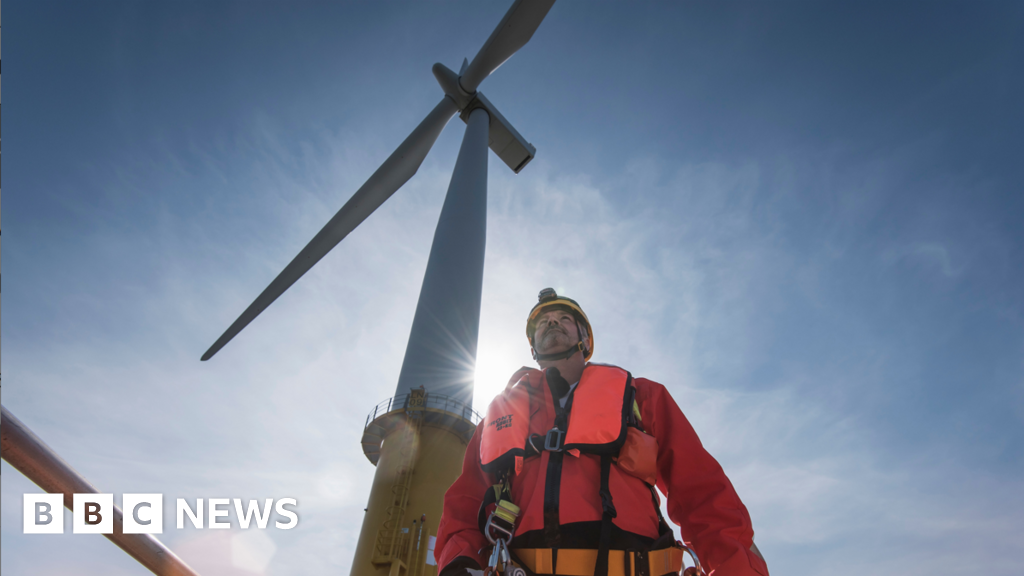 www.bbc.co.uk
www.bbc.co.uk
cross-posted from: https://feddit.uk/post/17063929 > > A total of nine offshore wind farm contracts have been awarded by the government after last year's auction failed to attract any bidders at all. > > > >The contracts are part of a wider slate of green energy projects that also include tidal and solar power, and will provide enough electricity to fuel the equivalent of 11 million UK homes, the government said. > > > >However, while the new offshore wind projects have been broadly welcomed, some experts questioned whether they would generate enough capacity to meet renewable energy targets set for 2030. > > > > ... > > > > On Tuesday, a total of 131 contracts have been awarded to firms for projects which will generate 9.6 gigawatts (GWs) of renewable energy. > > > >The new offshore projects include what will be Europe's largest and second-largest wind farms, Hornsea 3 and Hornsea 4, which will be built off the Yorkshire coast by Ørsted, the Danish energy giant that is majority-owned by the state. > > > > The Labour government is aiming to produce 60GW of energy through offshore wind farms by 2030. > > > >The offshore wind farm projects announced on Tuesday provide capacity of 4.9GW. > > > >Pranav Menon, a research associate at Aurora Energy Research, said the government still has some way to go to meet its goal. > > > >"It still falls short of the pace required to meet its ambitious targets," he said.
Despite the name of the Staffordshire & Worcestershire canal, it doesn't actually go through the county town of Stafford so a group of volunteers are now trying to make that happen.
A new project has been launched in 2024 that will see a missing link in the canal & waterway network between Milton Keynes and Bedford finally connected.
 www.theguardian.com
www.theguardian.com
cross-posted from: https://feddit.uk/post/15726788 > > Tucked away beyond the industrial landscapes of north-east Derbyshire and the M1 corridor, the Amber Valley is an oasis of greenery: ancient trees, listed buildings and public footpaths that are increasingly popular with tourists. > > > >But Katie Hirst, a local resident, fears that appreciative visitors will vanish along with the unspoilt landscape if a route of 50-metre-high pylons is brought down the valley as National Grid intends. > > > > “People come here for wonderful walks and the unspoilt landscape, and that would be gone, and the economy would really suffer,” said Hirst, a co-founder of Save Amber Valley Environment (Save), one of a growing number of grassroots groups opposed to pylon schemes across the country. > > > > ... > > > > More than 600,000km of power lines will have to be unrolled across the UK over the next few years for the country to properly decarbonise. But the pylons and the renewable infrastructure that will carry them are already causing anxiety and resistance. > > > > There were forceful statements from Keir Starmer last week, saying he would take the “tough decisions” necessary to get pylons built. The next day Ed Miliband was a little more emollient, promising to consider benefits for communities affected by the construction of renewable energy infrastructure, and community ownership of the assets, which could include onshore windfarms and solar farms. > > > >So how is this going to work? For the government to meet the ambitious target of decarbonising electricity generation by 2030, new infrastructure – including wind turbines, on and offshore; solar farms; and new transmission systems such as pylons – will be essential. > > > >But the other parliamentary parties either oppose pylons, or allow MPs in certain constituencies to oppose them. Local groups in some areas are also organising. > > > > ... > > > > The Labour party says it can meet its ambition of being a “clean energy superpower” only by building the new infrastructure necessary. The decarbonising electricity target is likely to require a doubling of onshore wind capacity, a quadrupling of offshore wind and a tripling of solar power by 2030. This will require what transmission companies have described as a “colossal” investment in power grid upgrades, which will cost billions of pounds and is likely to make the country’s electricity infrastructure more visible than ever before. > > > > The UK will need to install five times as many pylons and underground lines in the six years to 2030 as it has in the past 30 years – and four times more undersea cables than there are now, according to estimates from National Grid. Existing pylons and ageing cables will also need to be replaced. More than 600,000km of lines will need to be added or replaced by 2040 based on the age of existing transmission and distribution lines, the rollout of renewables and growing electricity demand, according to data from the International Energy Agency. This means cables will need to be rolled out at a pace of almost 100km every day for 17 years.
